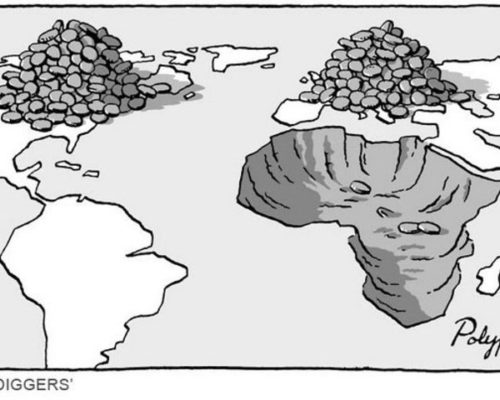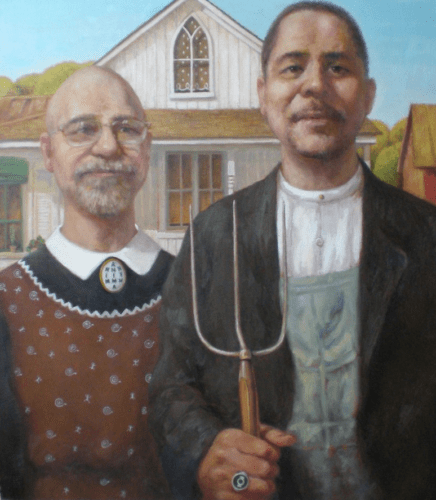I recently wrote about how people of color voted in the early states. Maybe you read the recent South Carolina results and thought this upset the trend – the trend of Bernie Sanders winning the votes of people of color? Not quite. The South Carolina results were consistent with earlier states. I think people base that thought on misconceptions about black voters. And so I’m writing now about two of these misconceptions.
Category: Race (Page 7 of 11)
These are posts on race from the blog Base and Superstructure. Race is one of the most important issues of political and social power. Topics include the relationship between race and class, racism in the United States and the rest of the world, and the relationship between race and political movements.
There’s a certain line of thought out there in the political ether. The idea goes something like this. People use their identity to take political action, win offices, pass legislation, steer conversations, or direct movements. Or, to put it more simply, they use identity as political currency.
Now, when people say this, they often speak ominously or conspiratorially. By ‘people’ here, they have in mind members of marginalized groups. They think those sorts of people (i.e., others) use their identity as political currency. That’s something we should keep at the back of our minds, because people (and here I mean ‘white people, usually white men’) tend to overlook cases where members of their own group do things like this.
So…what is it to use identity as political currency? How’s it done? Is it a good thing, a bad thing, or both/neither?
Most conversations about race and capitalism quickly degenerate into a chicken-or-egg discussion. You know the one. Which came first, racism or our beloved ‘free enterprise system’? I say we’ve had enough of that. The debate is played out. It’s monotonous and tired. But there’s a Marxist term from the debate still relevant to us. I’m referring to ‘primitive accumulation‘.
Does ‘primitive accumulation’ solve these issues? If so, how far does it take us? More broadly, does primitive accumulation account for the role of race in the capitalist system? Or if you approach these issues like, say, Ta-Nehisi Coates approaches them, does it account for the role of capitalism in the racial hierarchy?
Some conservatives use the phrase ‘real America’ to pick out some kind of mythical utopia of their liking. The concept itself is hardly new. In fact, it sits uncomfortably close to various fascist myths about ‘blood and soil’. But in this contemporary version of the myth, salt of the earth, conservative types supposedly suffer under the repression of the liberal, multicultural elite.
And, of course, with this myth of ‘Real America’ comes the pushback. Consider, for example, shows like Real America with Jorge Ramos, a show that fights back against the myth while, arguably, leaning in to the frame.
In recent weeks, Julián Castro argued against Iowa and New Hampshire’s position as the first voting states in the presidential nomination system. Why? He said Iowa doesn’t reflect America’s diversity. By contrast, Elizabeth Warren took a big pass on that question. She said she’s ‘just a player in the game‘.
A couple of questions: Is Castro right? What kind of system might be better?



